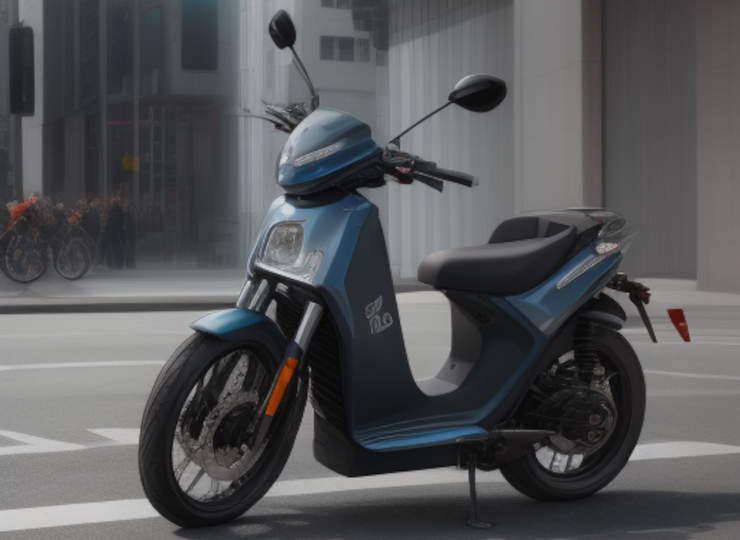文字のサイズ
- 小
- 中
- 大
The global electric two-wheeled vehicle industry 2035
In the world’s major motorcycle market countries, such as India, Indonesia and Thailand, governments are focusing on promoting electric vehicles and developing the electric vehicle industry from the perspective of energy security, economic growth and environmental protection.

In China, the world’s largest producer and supplier of electric two-wheeled vehicles, the country has established new vehicle standards for electric bicycles (EB: no licence required, maximum speed up to 25 km/h) and electric two-wheeled vehicles (licence required, maximum speed over 25 km/h), which had been ambiguous, and set a grace period to facilitate the transition to motorcycles that meet the new standards. The market structure has changed radically, with shipments of motorcycles soaring from 1.9 million units in 2019 to more than 8 million units in 2021. In addition, electric two-wheelers manufacturers are stepping up their overseas business development, as the domestic market has stagnated due to the Zero-Corona policy and the real estate recession.
At the same time, the rush to electrification in India and ASEAN has not kept pace with the development of the local electric vehicle industry, and the dependence on China for key electric components such as batteries and motors is increasing. In India, the subsidy was suspended for Hero Electric and Okinawa Autotech, which were vying for the top sales position in 2022, due to problems with fraudulent domestic production of electric components, a condition for eligibility for subsidies. In Indonesia, major local companies are entering the electric vehicle business one after another, and newly launched models are based on Chinese-made electric scooters and are sold as subsidy-eligible products with a domestic production rate (TKDN: the level of use of domestically produced parts, counted as 20% for vehicle assembly alone) of 40% or more. The battery industry and battery replacement stations are also dependent on China.
If India and ASEAN were to see a significant increase in imports of electric components from China due to the expansion of the electric two-wheeled vehicle market and the growth of the electric vehicle industry, this could lead to a currency depreciation due to a worsening trade balance, which in turn could be a drag on economic growth. For this reason, India is also considering a review of its electric vehicle policy, and the rapidly increasing momentum of electric two-wheeled vehicle sales is expected to weaken, increasing uncertainty about the future. This report analyses the latest trends and challenges in the electric two-wheelers market and industry, and looks to the future.






